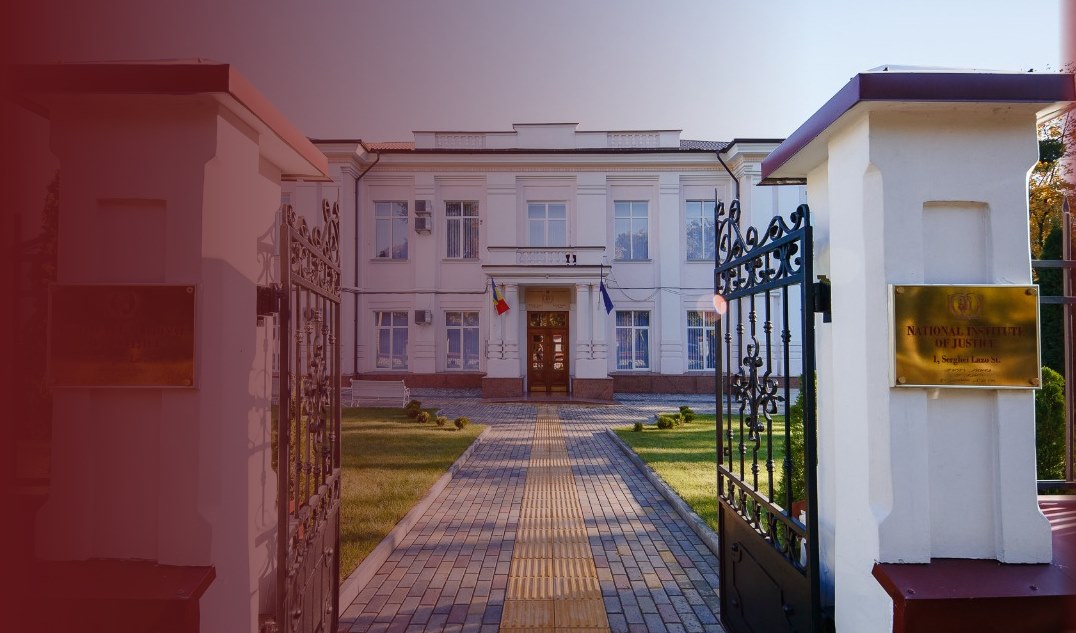Between 21-24 October 2025, the National Institute of Justice (NIJ), in partnership with the Organisation for Economic Co-operation and Development (OECD), organized the Autumn School on Competition Law and Anti-Corruption. The event, held with the financial support of the European Union, is part of the project “Support to the Ministry of Justice and to Justice Sector Reforms in the Republic of Moldova” and contributes to the implementation of the Strategy for Ensuring the Independence and Integrity of the Justice Sector 2022-2025.
The opening sessions of the two modules brought together representatives of the organizing institutions and development partners, including Ramona Strugariu, Director of the NIJ, Viorica Grecu, General Secretary of the Ministry of Justice, Angelo Di Giorgi, Programme Officer for Justice, Elections and Parliamentary Affairs at the Delegation of the European Union to the Republic of Moldova, Alexei Gherțescu, President of the Competition Council, Francesco Alfonso, Economist at the OECD Global Relations and Cooperation Directorate, Ghennadi Epure, Deputy Director of the NIJ, and Clara Le Cannellier, Policy Analyst with the OECD Eurasia Division.
Structured in two modules, the Autumn School was delivered by OECD experts and specialists from national and international institutions, bringing together judges, prosecutors, anti-corruption officers and inspectors, lawyers, and representatives of the Competition Council. The training programme combined theoretical and practical components, fostering the exchange of professional experience among participants.
The module on competition law covered the core principles of competition policy, the legislative framework, main types of infringements, market definition, law enforcement procedures, promotion of competition culture, and the principle of competitive neutrality. Practical exercises and case studies enabled participants to apply theoretical concepts in hypothetical scenarios, strengthening their understanding of mechanisms for controlling economic concentrations, identifying cartels, and preventing abuse of dominant position.
The second module, focused on anti-corruption, explored tools for detecting and investigating offences, the use of financial and circumstantial evidence, planning and prioritization of investigations, as well as international cooperation in cross-border cases. The activities aimed to enhance participants’ professional skills in applying anti-corruption procedures and developing effective investigative strategies. At the same time, the programme emphasized an integrated approach to competition and corruption issues, including the tracking of illicit financial flows and the investigation of transnational cases.
